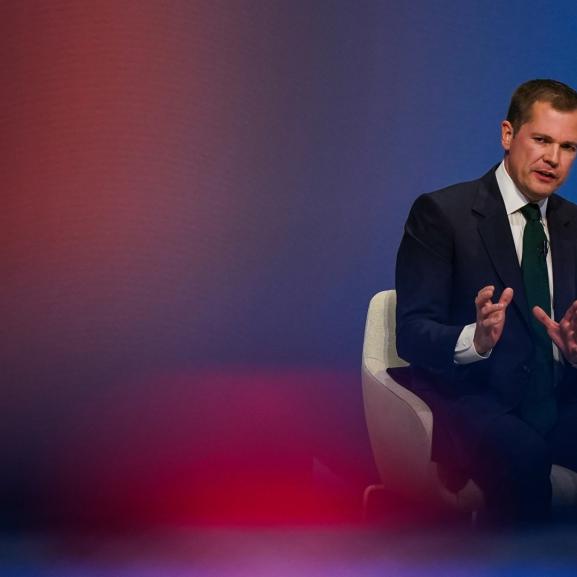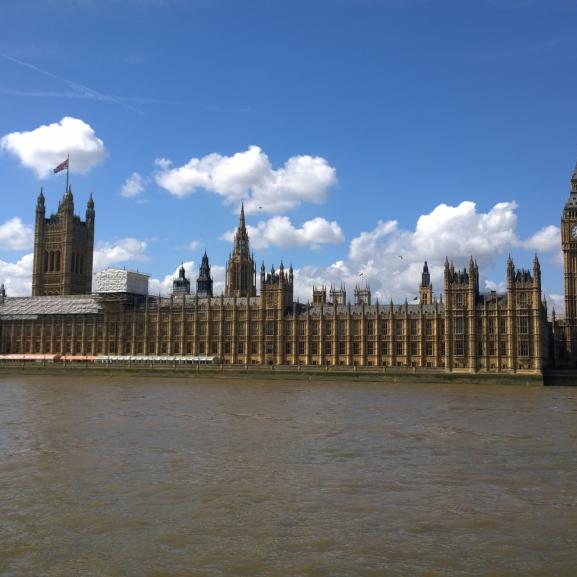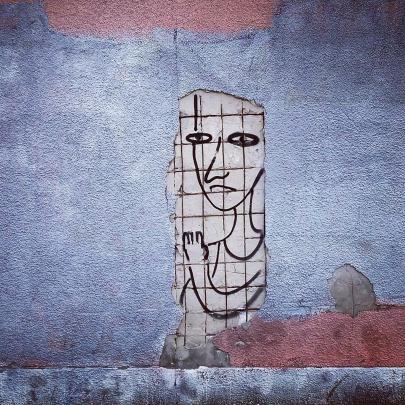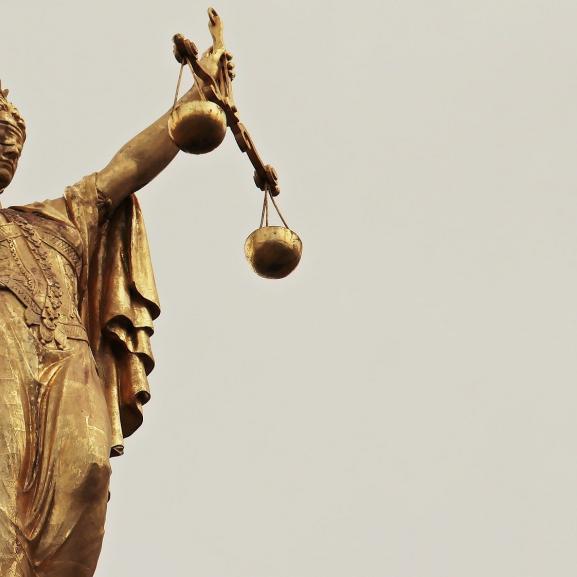Standing room only as Conservatives consider the challenges in Sri Lanka
Following a packed room of party members keen to hear what Freedom from Torture and Human Rights Watch had to say about Sri Lanka, Camilla Jelbart-Mosse reports back on our fringe event at the Conservative Party Conference.
We all know a week is a long time in politics. It proved to be a long week between the Labour and Conservative Party Conferences where Freedom from Torture has been making a lot of noise about ongoing torture in Sri Lanka. In between our two events with Channel 4 and Human Rights Watch, 50 Sri Lankans – largely refused asylum seekers – were returned on a charter flight from the UK amid serious concerns for their safety: a development which was unsurprisingly central to this debate on the opening day of Conference.
Freedom from Torture’s Keith Best and Human Rights Watch’s David Mepham were this time joined on the panel by Callum Macrae, director of Channel 4’s acclaimed documentary Sri Lanka’s Killing Fields – a man who, in the course of making the programme, has watched hour after hour after hour of mobile phone footage documenting torture and executions in Sri Lanka – and Conservative MP for Gloucester, Richard Graham. Graham is one of the 2010 parliamentary intake but enjoyed a long diplomatic career before he ventured into parliamentary politics, giving him a valuable perspective on UK foreign policy.
Crimes captured on screen
Given that our fringe event took place before Conference even officially opened, we were delighted with a room chock-full of party members, keen to hear the latest on Sri Lanka. We kicked off with a clip from Sri Lanka’s Killing Fields which Callum told the audience the Sri Lankan authorities had accused Channel 4 of taking substantial funding from the Tamil Tigers to produce. Apparently the channel were facing financial difficulty and doctoring footage of war crimes in exchange for cash was their way out….an absurd charge, as Callum pointed out, not least because the documentary continually reiterates condemnation of the LTTE (Liberation Tigers of Tamil Eelam) who also stand accused of war crimes in the final stages of the conflict in 2009.
Callum talked about the ongoing risks for journalists in Sri Lanka, emphasising just how difficult it is to get information out of the country. This was supposed to have been a “secret war” without witness, but now that so much evidence has emerged, the Sri Lankan authorities appear to be digging their heals in deeper, rather than recognising the horror of what has taken place and seeking to move forward. Callum pointed to the inherent irony in Sri Lanka’s establishment of the Lessons Learns and Reconciliation Commission (LLRC): it is run by government ministers whose actions at the end of the civil war it should be investigating. He called on the UK government to push hard for an independent investigation if indeed the Commission fails to deliver, as expected, when it reports its findings in November.
giving returnees the British High Commission's phone number in Colombo is hardly a lot of use if you have been detained and tortured or are too scared for your family’s safety to speak outCallum said from his well-informed perspective, he couldn’t see how it is safe to return any Tamils to Sri Lanka in present circumstances. Freedom from Torture and Human Rights watch have made continued calls alongside other human rights groups over recent days for the government to think long and hard before returning refused asylum seekers, without ensuring that there is adequate monitoring in place to establish their fate. Keith Best presented again Freedom from Torture’s documented evidence of a range of cases of people we know to have been tortured after the cessation of hostilities – pointing to ongoing risks - including a number of people who returned to Sri Lanka from abroad after the civil war. He deemed as “entirely ridiculous” the UK Border Agency’s response to concerns that returnees may be at risk of torture that “giving returnees the British High Commission's phone number in Colombo is hardly a lot of use if you have been detained and tortured or are too scared for your family’s safety to speak out". Freedom from Torture will continue to press hard on the government to step up pro-active monitoring.
UK government responds
Richard Graham MP did a great job of broadening out the debate on how the UK seeks to deal with human rights concerns in the course of its foreign policy agenda, without ducking the difficult questions on Sri Lanka thrown up by this week’s charter flight and the UK’s decision to wait until the LLRC delivers its findings before declaring its support for an international investigation into war crimes. Graham said “ministers have made it clear to the Sri Lankan government that if the LLRC does turn out to be a whitewash and finds no real culpability at the top, you can be absolutely sure we will push hard for a formal UN report.” He also promised action if it is proven that any Tamils returned by the UK are detained and tortured, but stuck to the party line that it is not feasible to monitor what is happening to those returned. Graham urged Sri Lanka to “come back to sharing values that all members of the Commonwealth hold dear, including democracy and human rights” and “only on that basis” will it host the 2013 Commonwealth leaders meeting.
A wide range of questions from the audience took the discussion onto universal jurisdiction; how best to secure investment and reconstruction in Sri Lanka; stigmatisation of Tamils in the UK as LTTE sympathisers; diplomatic immunity for alleged perpetrators given diplomatic postings in the West after the civil war, including the Sri Lankan defence attaché.
critical for the moral authority of the UK that there is an absolutely transparent report into what happened.In talking about this government’s approach to human rights concerns, Richard Graham pointed to their determination to get to the bottom of the UK complicity allegations in the context of the ‘war on terror’ and, as a former diplomat, stressed that it is “critical for the moral authority of the UK that there is an absolutely transparent report into what happened.” Keith Best responded that if the Detainee Inquiry is going to draw a line under the affair, it must be transparent and survivors must able to meaningfully participate, for example by being able to question evidence and witnesses directly or through their lawyers. The decision on what is made public cannot remain with the Cabinet Office. If these ‘hallmarks’ aren’t in place, Best warned that THIS government will find itself being blamed for not wanting to disclose what happened in the past.
In summing up, David Mepham emphasised the need to get to the truth of what has happened in Sri Lanka through a full investigation “with teeth” and highlighted the importance of the UK government to reach the highest standards of international law and practice what it preaches, including in relation to the Detainee Inquiry.






